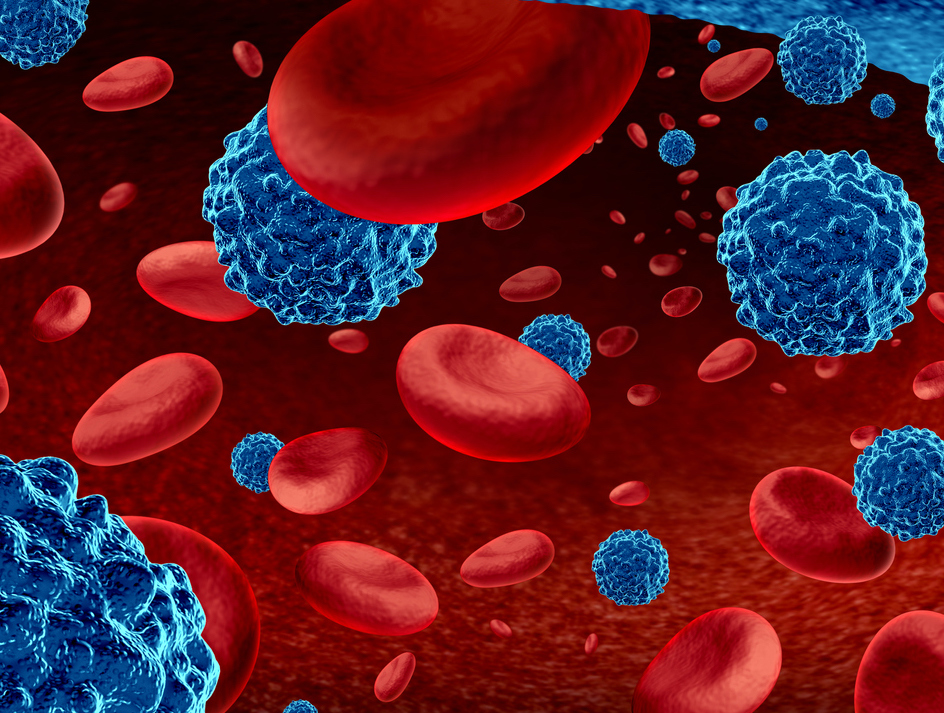
Recently Diagnosed or Relapsed? Stop Looking For a Miracle Cure, and Use Evidence-Based Therapies To Enhance Your Treatment and Prolong Your Remission
Multiple Myeloma an incurable disease, but I have spent the last 25 years in remission using a blend of conventional oncology and evidence-based nutrition, supplementation, and lifestyle therapies from peer-reviewed studies that your oncologist probably hasn't told you about.
Click the orange button to the right to learn more about what you can start doing today.
- You are here:
- Home »
- Blog »
- Multiple Myeloma »
- Stem Cell Transplant + Covid-19 = Death?
Stem Cell Transplant + Covid-19 = Death?

With a COVID-19 diagnosis, 30-day overall survival was 68% in the allo stem cell transplant group and 67% among those who underwent auto HSCT.
Yet another reason for newly diagnosed myeloma patients to question the risks and benefits of an autologous stem cell transplant in their therapy plan.
While the issue of greatly increased risk of death for those myeloma patients who have recently undergone a stem cell transplant is important, in my mind, just as important an issue is the damage done to the myeloma survivor’s immune system when he/she has a stem cell transplant.
I mean, it seems to me that virus’ will come and go. As we all know now, the covid-19 virus is morphing regularly. More or less infectious, more or less lethal, more or less anything and everything. Therefore, my question is about the future health of myeloma patients who have a stem cell transplant.
My stem cell transplant was in December of 1995- a long time ago. When the covid-19 virus was still young, in my state of Ohio, back in early 2020, I turned to my hematologist/oncologist brother-in-law and asked him what might happen to me if I got the covid-19 virus. Keith knows about my treatment history and understood what and why i was asking. Keith smiled sheepishly and me and said, “we don’t know.”
While the study linked and excerpted below established the short term risks of covid-19 to stem cell transplant patients, if Keith doesn’t know the long-term risks then, in my thinking, no one does.
To Learn More about MM and the Sars-Cov 2 virus- click now
David Emerson
- MM Survivor
- MM Cancer Coach
- Director PeopleBeatingCancer
Study Confirms Stem Cell Transplantation Increases Mortality Risk From COVID-19
“Patients who have undergone either autologous or allogeneic hematopoietic stem cell transplantation (HSCT) have been found to be at high risk for mortality in the event of a COVID-19 diagnosis…
Patients with cancer who contract the novel coronavirus disease 2019 (COVID-19), which is caused by the SARS-CoV-2 coronavirus, are at increased risk for hospitalization and death compared with the general population. Although there is some evidence that patients who undergo HSCT — a common treatment for hematologic malignancies — are at similarly increased risk, particularly because of immune impairment related to treatment, the degree of increased risk was previously unestablished…
Among the 184 and 134 patients who underwent allogeneic and autologous transplantation, respectively,
- the average ages were 47 and 60 years,
- 77 (40%) and 53 (40%) were women,
- 141 (77%) and 74 (55%) were White,
- and the most common diagnoses were acute myeloid leukemia (66; 36%) and plasma cell disorder/multiple myeloma (86; 64%), respectively…
The median follow-up was 21 days in the allogeneic HSCT group and 25 days in the autologous HSCT group; patients who underwent allogeneic HSCT had a median time from transplantation to diagnosis of 17 months vs 23 months among those who underwent autologous HSCT…
In the overall HSCT patient group, 155 (49%) patients had mild COVID-19, while 45 (14%; 28 in the allogenic HSCT group and 17 in the autologous HSCT group) had disease requiring a ventilator.
With a COVID-19 diagnosis, 30-day overall survival was 68% in the allogeneic transplantation group and 67% among those who underwent autologous HSCT.
Patients older than 50 years, male patients, and those who contracted COVID-19 within 1 year of stem cell transplant were found to be at increased risk for mortality in the overall group…
“The current data underscore the need for more stringent surveillance and pre-emptive measures for all HSCT recipients,” the authors wrote. “As more data become available, future directions will include assessments of treatment impacts on outcome, associated coinfections, and better determination of risk factors for mortality in stem cell transplant recipients with COVID-19.”


